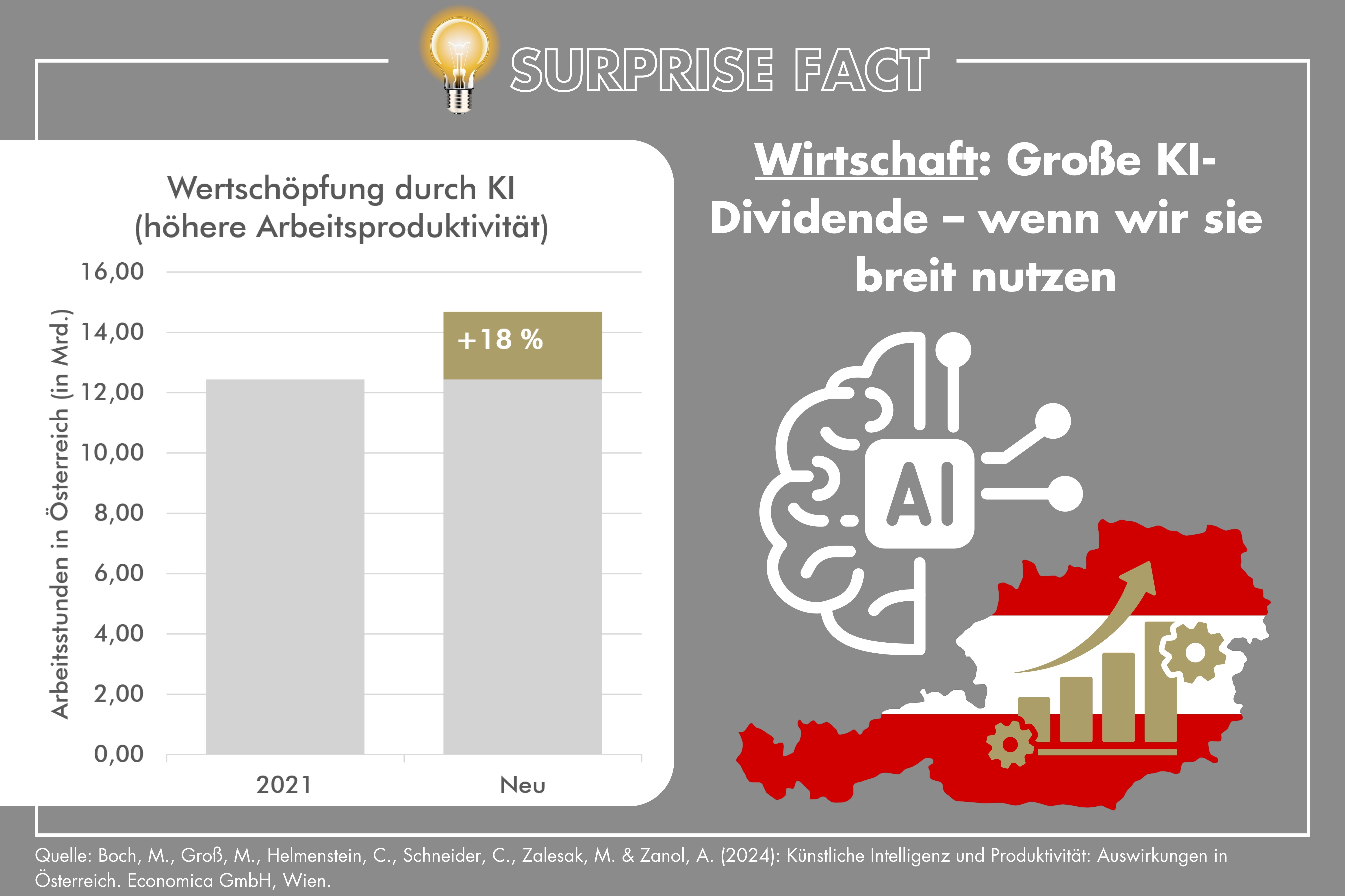If you are a heavy user of a smartphone, that’s how you are leaving your digital footprints. If you throw your smartphone away, you are excluding yourself from social networks, from the ability to contact your family. You can do it if you are a CEO of a big company because you have assistants but if you are a single mother working two jobs you cannot survive without a smartphone.
You are leaving footprints when using the internet, your browser, your social network account, your e‑mail. Now imagine, you closed all of this and you now are back in the stone age. But guess what, you get in your car and pictures of your car, your license plate and also of your face are being taken on highways, border crossings, in cities by CCTV cameras. With facial recognition technology we can very easily match faces with profiles which essentially means that there is no escaping from leaving digital footprints. Don’t try to stop leaving digital footprints because there is no turning back the clock. Modern technology changes our lives for the better in many different ways but it relies on us sharing data.
I think that essentially privacy is gone. You can regulate Google, you can regulate Facebook, you can try to regulate your own government. You cannot regulate the Russian government, you cannot regulate hackers, you cannot regulate small companies that aren’t on the radar and don’t care. Moreover it is extremely difficult to convince people to use less efficient, more expensive and more boring technologies.
That’s the business model. If you don’t pay for something, guess what, you are the product. And look, this model has some benefits. Now an underprivileged person living in Poland, where Google doesn’t really yet have much to gain from showing me search results for free, can use this beautiful shiny technology because its development was funded by advertisers bidding for the eyeballs of people in America.
“PREDICTIVE ANALYSIS HAS ALREADY BEEN USED BEFORE I STARTED MY RESEARCH.”
Let’s now try to refocus the discussion from trying to protect something that is gone and try to manage the transition to the post-privacy world in such a way as to maximize the benefit of the society and minimize the risks. In such a context more transparency is better than less transparency. One could argue that Facebook and Google should be forced to share their data more broadly, rather than have a monopoly on it. They should be encouraged to share it not only with academia and governments but also with startups.
Neither the perfect algorithm nor the perfect prediction of the future do exist. You are always going to have some bias. But you should not be measuring the quality of something by comparing it with perfection. You should be measuring quality by comparing it with alternatives. And our alternative now to the somewhat biased algorithm is an even more biased judge. Or policeman. Or a bored and tired customs officer likely to stop people based on their gender, age, or racial prejudice.
As long as we have conversations like this and we have enough of them, we are going in the right direction. As time passes and people essentially learn about the quirks and other characteristics of a given technology, the immune system kicks in. If you are a Facebook native, you will know that people repost silly things and you have to factcheck them. As a user you become more and more sophisticated.
VITA
Prof. Dr. Michal Kosinski is a psychologist and data scientist born in Poland, specializing in psychometrics and data mining. In his research, he investigates human behavior through the digital footprint that people leave behind while using digital platforms.
He is currently an Associate Professor at the Stanford Graduate School of Business. Michal Kosinski holds a Ph.D. in psychology and a master’s degree in psychometrics and science. He studied at the University of Cambridge, where in 2008 he and his team developed a system to create detailed profiles of people using online data, Facebook likes and smartphone data. Previously, Michal Kosinski was Deputy Director of Cambridge University’s Psychometrics Center, a researcher at Microsoft Research and a postdoc at the Stanford Faculty of Computer Science. With his innovative approaches and numerous projects, Kosinski plays an important role in online research and behavioral analysis.
Michal Kosinksi has published numerous papers and holds awards such as the “Rising Star” or the “Open Innovation Award.” In 2013, he was honored as one of the “Top 50 Most Influential People in Big Data.”






